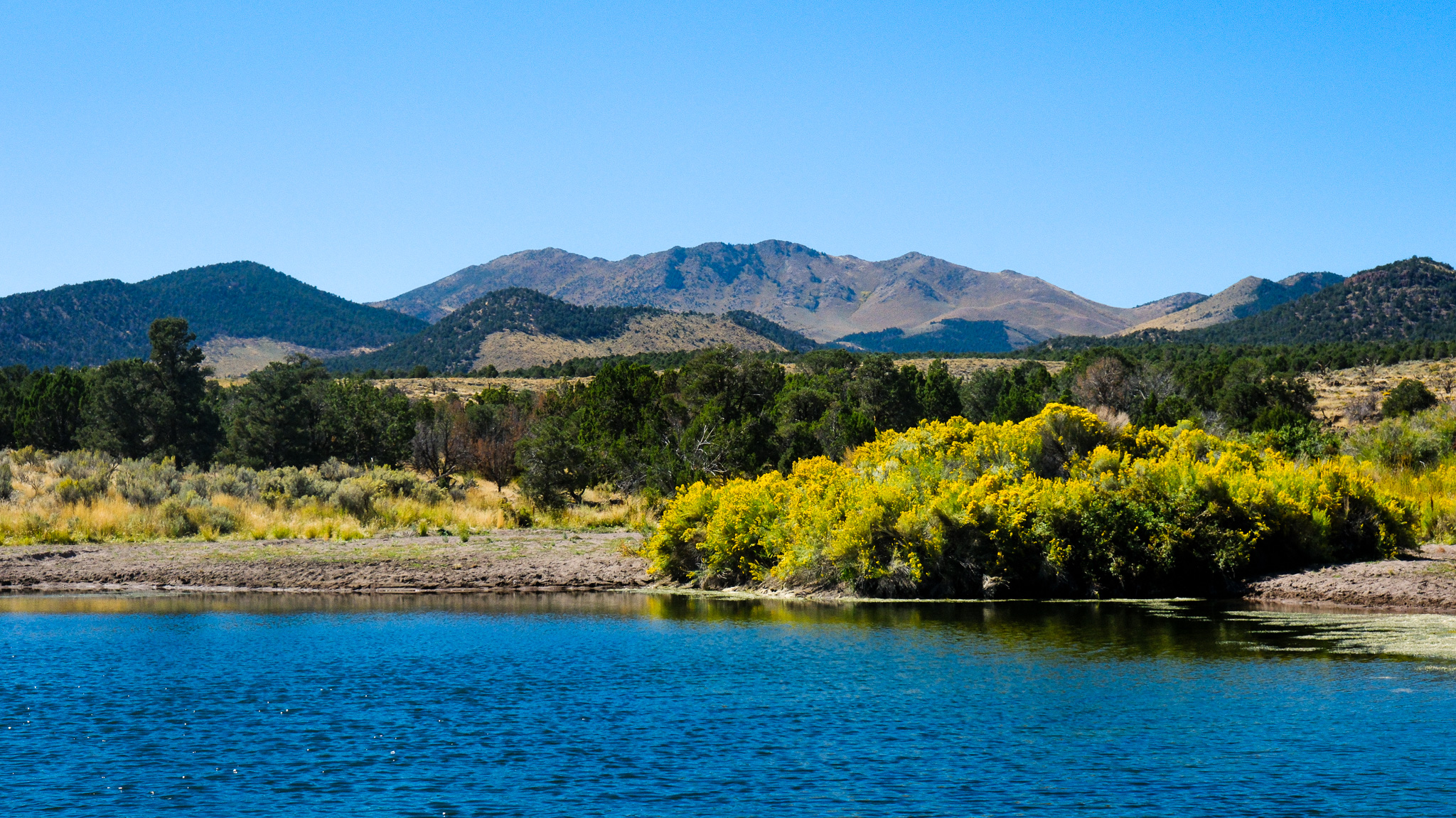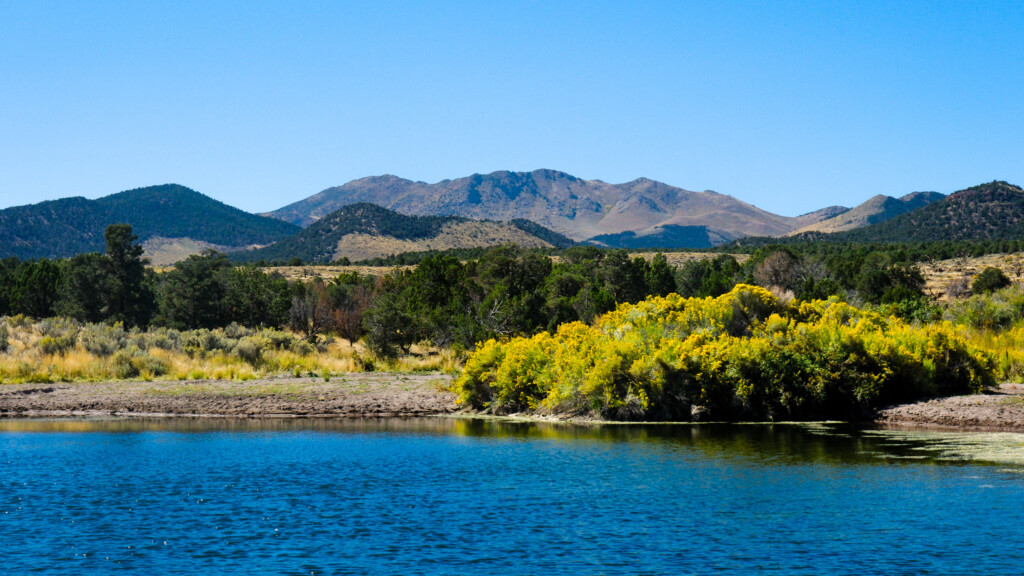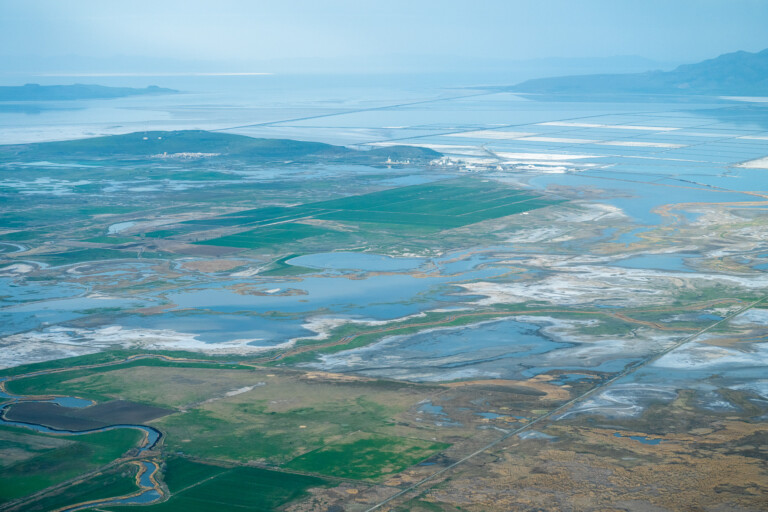Along the mighty Mississippi River, saltwater intrusions are making headlines and jeopardizing water management in communities that depend on the nation’s hardest working river. The problems in a region often considered to have an assured water supply, it’s worth revisiting an idea that western water managers like Pat Mulroy — former general manager of the SNWA – have ballyhooed for years: Importing water from the Mississippi River.
Mulroy has spun this broken record multiple times in her career. And she’s not the only one. In 2021, the Arizona legislature passed a measure urging Congress to investigate importation from the Mississippi River to the Colorado. Last year, former AZ governor Doug Ducey signed a law that enables feasibility studies for out-of-state water delivery agreements. Utah Lawmakers have said similarly inane things.
These are lazy ideas that imply that taking water away from its place of origin has no consequences. It also implies that water is available. The crisis on the Mississippi demonstrates that there is nothing for the west.
In 2012, The Bureau of Reclamation took the bait from managers like Mulroy, exploring the feasibility of a pipeline from the Mississippi to Colorado’s Front Range and parts of New Mexico. Their analysis estimates that such a project would cost at least $1700 per acre-foot of water, take 30 years to construct, and offer a potential yield of 600,000 af per year by 2060. Those figures never considered that the Mississippi would run dry and in no way reflect the current market for water and costs of infrastructure.
Politically, a trans-basin pipeline of that magnitude would require permitting at various levels of government, providing compensation for landowners, and condemning proceedings for some.
We don’t have time for this. There are far simpler ways to sustain western water supplies like increasing conservation and curtailing outsized users. And, political and economic feasibility aside, the Mississippi River is not a stable resource. Diversion could have serious consequences.
Record-low water levels have already stalled shipping and threatened drinking water supplies in the region. Diversion could further harm the river’s ecology – spreading pollutants, excessive nutrients, and invasive species while diminishing the necessary flow of sediment downstream.
It’s simple. Moving water from one drought-stricken region to another is not a solution.
To protect against these western pipedreams, the Mississippi River Cities and Towns Initiative is working towards a compact for the river that would block future attempts to divert water. While such an agreement is still far off, Western water managers would be wise to learn from their Mississippi River counterparts and being working towards solutions that conform to natural and regional limits.
Chalk this idea up as another flimflam from Pat Mulroy and others who care more about placating developers than protecting freshwater supplies for their fellow Americans.






